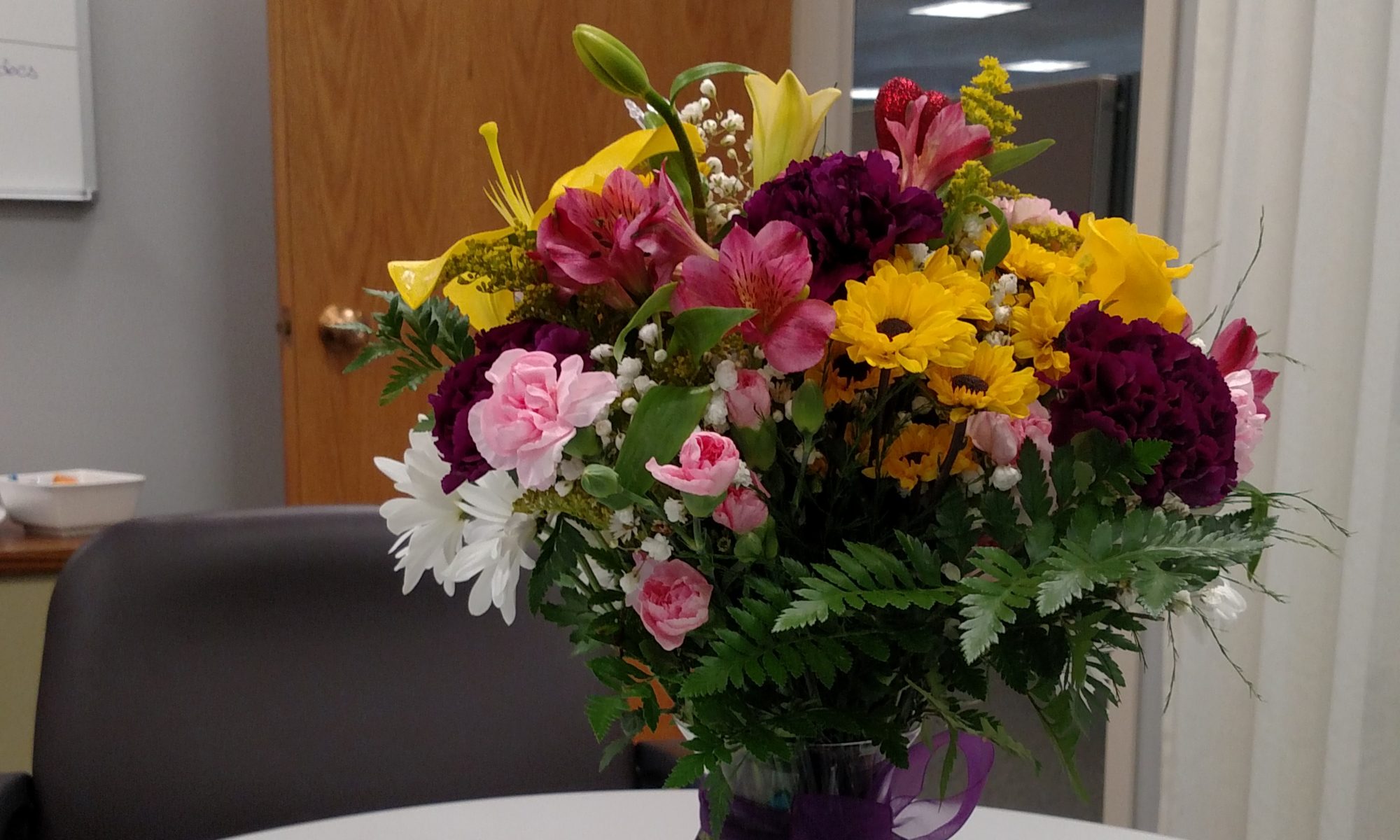
Apparently, there were a lot of people on the video call, but I couldn’t tell. The little bar across the top showed a series of grey boxes with pairs of letters in them. There were only three people I could see. The whole thing was freakin’ me out.
I’d spent days preparing for the presentation. I’d practiced over and over. The problem was, my talk felt identical to the version I’d done by myself, except now I was expecting feedback. There wasn’t going to be any. I was swimming alone.
Now, I’m not sayin’ it was a bad experience. I had a great time. I hope I helped someone. I’m just surprised at how much I wanted feedback. When I was in the office every day and I had a chance to give a presentation like this, feedback wasn’t a big deal. Now that I’m basically isolated in my house for days at a time? A whole new ball game right there.
My brother had mentioned this facet of our new normal to me during a phone call, but I’d not really understood. He said performing live music on Facebook wasn’t the same.
“Uh-huh,” I said. I flipped a page in a catalog.
“There’s no relationship with the audience,” he said. He sounded bummed.
“Huh,” I offered, opening a cabinet. Were there any crackers in the house?
“It’s better than nothing,” he finished. “But it’s not the same. There’s no feedback.”
I shook a box of Triscuits. It was suspiciously light. “What?” I asked.
People need interaction with people. We need feedback when we’re sharing information, taking risks, putting our art, or our ideas out there. When we feel vulnerable, a friendly face means everything. A smile, a gesture, heck, just knowing that anyone is paying attention is absolute gold right now.
When we first left the office and went home, I knew how much communication from leadership meant to me. I was craving it. So I decided to dress every day for work, to show up on camera, to have a daily team meeting so that everyone could see that our team hadn’t changed. I wanted to be reliable, available.
Each day, we all get on the call for fifteen minutes, turn on our cameras, and see each other. During the summer, our team started to see these daily meetings as inconvenient. Several people wanted to stop them. Last month, after seven months of holding firm, I asked if they wanted to change the schedule. Nobody said yes. Why? Who knows. For myself, I know that it matters to me to see my teammates. I started out doing it for them. Now, I’m grateful they do it for me.
So people – turn on your cameras. It’s not about you. You might have no make-up on, maybe that ombre hair color is really four inches of gray roots, or you’ve found that a man-bun is working out for you at home. You lost your zoom shirt. You’re working in the laundry room.
It doesn’t matter.
We’re not turning on our cameras so that the world can see us stylin’ seven months into a pandemic. We’re turning on our cameras because someone on the call might be struggling with depression and need to see a friendly face. We’re rocking the virtual backgrounds and facing our dislike of seeing our sorry-ass faces so that we can show up and give a smile to a person trying to collaborate with us.
Turn on your camera.
Speak up in meetings.
Send a note afterward.
It’s not about you.
It’s about showing up for each other and not letting friends swim alone.
And that? Is just an easy thing to do.
If you’re suffering from overwhelm and would like to work with me, sign up for a free consultation. Let’s see if I can help. Schedule that here.
If you’re out of work, or working on the front lines and would like to see if coaching helps, it’s my honor to assist you for free. Schedule that here.
Heard about my 6 week course – Reboot your day job? – Find out more here.

